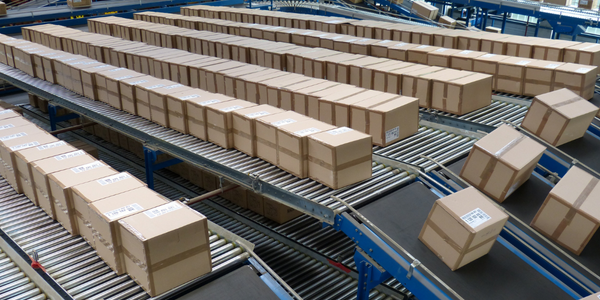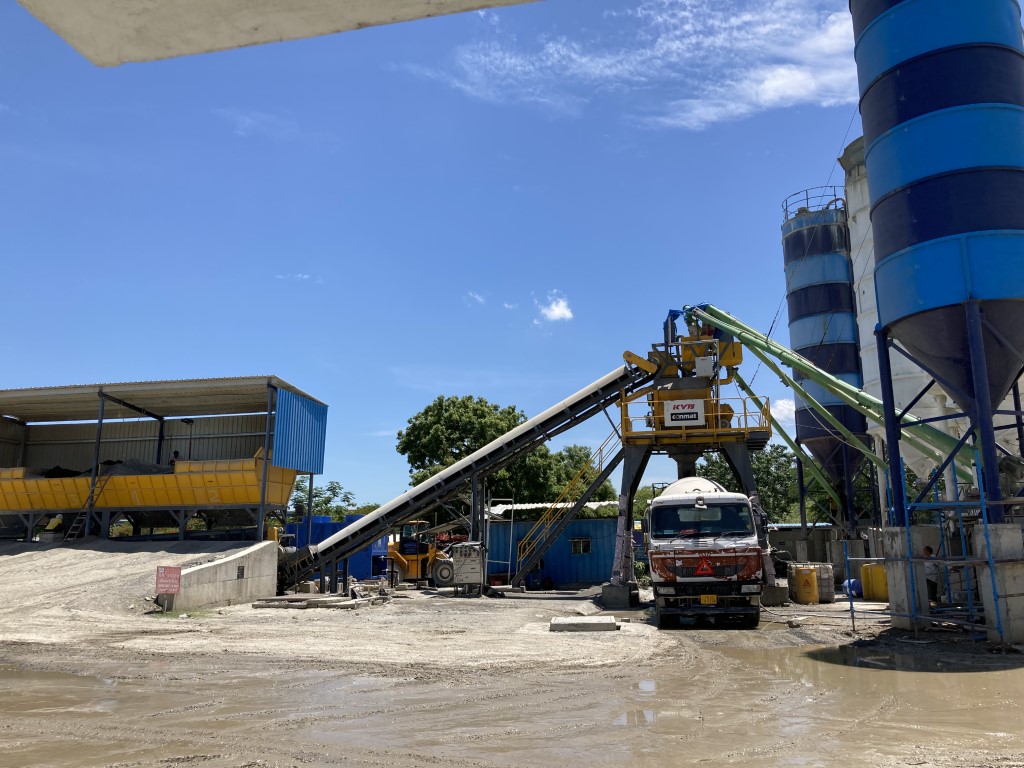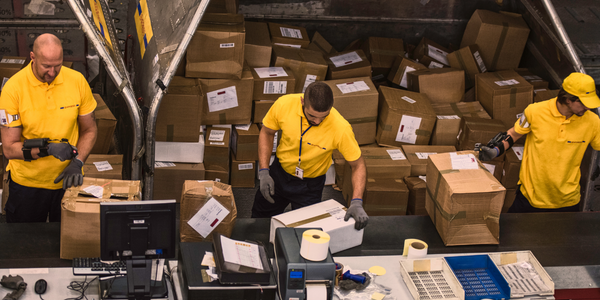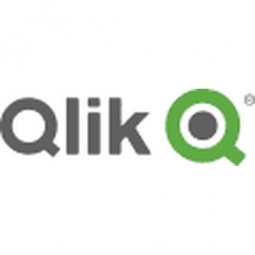Download PDF
QlikView’s “revolutionary technology” succeeds where OLAP failed at Superior Graphite
Technology Category
- Analytics & Modeling - Real Time Analytics
Applicable Functions
- Business Operation
- Sales & Marketing
Use Cases
- Predictive Quality Analytics
- Predictive Replenishment
Services
- Software Design & Engineering Services
The Challenge
Superior Graphite, a chemical manufacturer specializing in high-temperature technologies, advanced sizing, blending, and coating technologies, was facing challenges in developing data dashboards that would enable better decision-making at all levels. The company wanted to reduce the development costs of integrating a quality business intelligence software system and enhance the richness, accuracy, and usability of corporate data and corresponding data analysis. The company had previously spent a significant amount on consulting time, hardware, and software, but the project dragged on without any results. The company needed a solution that could provide fast access to in-depth data and analysis to improve response time, forecasting, and decision making.
About The Customer
Superior Graphite Company is a Chicago-based company that produces a broad range of graphite and carbon products for thousands of industrial applications around the world. The company specializes in high-temperature technologies, advanced sizing, blending, and coating technologies. It offers more than 20 branded product lines serving the needs of more than a dozen eclectic global markets – from ferrous metallurgy (iron and steel) to friction materials, agriculture to batteries and fuel cells, advanced ceramics to polymers and composites. Since its founding in 1917, Superior Graphite has explored the physical and geographical frontiers of its markets. The company operates three laboratories for R&D and product support in its quest for innovative customer solutions, and works with national laboratories and universities on programs for materials technology advancements.
The Solution
Superior Graphite deployed the first phase of QlikView to 20 users in only four hours – a task that eluded a team of expensive consultants for more than 18 months. With QlikView Server, Superior Graphite replaced a static 50+ page report with a dynamic BI system that empowers its management teams to analyze all of its sales and finance data – slicing and dicing information by plant, accounting code, balance sheets, trial balances, and many other metrics. All of the company’s financials are now live on QlikView. Dashboards cover each accounting function, trends, KPIs, balance sheets, P&L – sorted by company, plant, accounting code and expense and each of the couple of hundred product lines. The president now has sales forecasting as a gas gauge on his dashboard. He has now challenged the sales teams for 100 % “green,” meaning hitting the forecast number 95 % of the time.
Operational Impact
Related Case Studies.

Case Study
IoT Data Analytics Case Study - Packaging Films Manufacturer
The company manufactures packaging films on made to order or configure to order basis. Every order has a different set of requirements from the product characteristics perspective and hence requires machine’s settings to be adjusted accordingly. If the film quality does not meet the required standards, the degraded quality impacts customer delivery causes customer dissatisfaction and results in lower margins. The biggest challenge was to identify the real root cause and devise a remedy for that.

Case Study
Prevent Process Inefficiencies with Automated Root Cause Analysis
Manufacturers mostly rely on on-site expert knowledge for root cause analysis. When the defective product is sent to lab for analysis, it is laborious and always a post-mortem one. Manufacturers that collect data from IT and OT also need a comprehensive understanding of a variety of professionals to make sense of it. This is not only time consuming, but also inefficiencient.

Case Study
Digitalising QC records
Ready-mix concrete batching plant with seasonal demand 6,000 to 12,000 cu.metre per month.Batch-cycle records for each truck is stored in paper format. 1000 to 2000 truck loads per month, generating ~2000 to 6000 paper records.QC anomaly detection in chemical batch-mixing is manual & time consuming.

Case Study
Automotive manufacturer increases productivity for cylinder-head production by 2
Daimler AG was looking for a way to maximize the number of flawlessly produced cylinder-heads at its Stuttgart factory by making targeted process adjustments. The company also wanted to increase productivity and shorten the ramp-up phase of its complex manufacturing process.

Case Study
CleanTelligent Enhances Janitorial Software Solutions with Infor Birst
CleanTelligent Software, a company that aids in-house and contracted janitorial teams in streamlining communication and improving quality control, faced a significant challenge. Their clients were demanding a more dynamic way to present reporting data. The company's software was primarily used to analyze and summarize a custodial team's performance, replacing a highly manual, paper-driven process. However, the initial differences between service providers in the janitorial industry are often unclear, and the cost of switching is comparatively low. This situation led to high client turnover, with a janitorial company's customer lifetime averaging four years or less. CleanTelligent needed to improve the customer experience with dynamic dashboards and reporting, retain customers through predictive analysis, capitalize on advanced analytics capabilities to build market differentiation, and improve client retention rates.

Case Study
Digitization of Pharmaceutical Packaging Machines: A Case Study of CVC Technologies
CVC Technologies, a leading manufacturer of pharmaceutical packaging machines, was seeking an end-to-end IoT solution to fully digitize their pharmaceutical liquid filling and capping machines. The company aimed to enhance the safety of their equipment, introduce digital maintenance capabilities, and gain visibility into machine status from anywhere at any time. The challenge was to find a solution that could provide real-time visibility into the machine's status, deliver direct cloud connectivity and digital services, and simplify all aspects of the machine's lifecycle, from engineering to maintenance.





